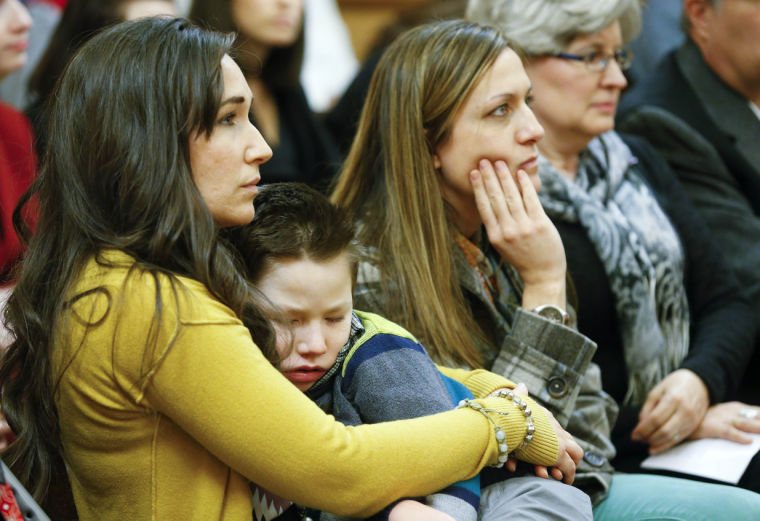In Texas, the FDA is partnering with leading facilities like the Texas Children’s Hospital to understand more about the therapeutic benefits of cannabidiol. Texas Children’s is the only facility in Texas that is participating and has the highest number of enrollees of any institute. Currently, five or their patients are involved in a double-blind study using a liquid form of CBD called Epidiolex.
Researchers are conducting this clinical trial to discover more about how CBD can help patients, like six year old Izaiah Ruiz, who has a rare form of epilepsy called Dravet Syndrome. Patients with this type of epilepsy often endure hundreds of seizures each day, and they suffer from every type of seizure.
“It’s very terrifying, because you don’t know if that’s going to be the last seizure or the last one that’s going to take his life,” explains Izaiah’s grandmother, Lori Fountain.
Epilepsy is more prevalent than you may imagine.
“It’s unbelievably common! One in 10 people will have a seizure in their life – 100 people will develop epilepsy. The lifetime risk of developing epilepsy for an individual is 1 in 26,” exclaims Dr. Wilfong. He explains that it is more prevalent than Multiple Sclerosis, Muscular Dystrophy, and Parkinson’s Disease combined, yet it is more under-funded than any of those conditions.

Kiley Klug, left, holds her seven-year-old son Owen while listening to testimony Tuesday afternoon to the House Standing Committee on Health and Human Services on HB 2011, a bill that would allow for cannabis to be used for medical purposes. (Chris Neak/The Capital-Journal)
Kiley Klug and her son, Owen, know all too well about the fight for epilepsy awareness and the battle for proper treatment. They had front row seats Tuesday to absorb Kansas law enforcement leadership’s denunciation of legislation authorizing consumption of a marijuana-based cbd oil by children suffering dozens or hundreds of seizures a day.
Members of the House Health and Human Services Committee observed for themselves what Klug hopes this extract, nearly void of chemicals that deliver a buzz to recreational users, might deter. Owen, who lives with his family in the small town of Odin, had a seizure while his mother shared with state representatives her support of House Bill 2282.
The CBD oil sought by Klug is available under Colorado law, but cannot be legally brought into Kansas.
“As Owen’s mother, I am asking you to consider this compromise bill,” Klug said. “I cannot stress enough that Owen has nothing else to try in this state. Please allow him access to a natural, safe, non-hallucinogenic medication that could give him a chance to be present in this life.”
Rep. John Wilson, a Lawrence Democrat and sponsor of the House bill, said the goal of Otis’ Law was to grant Kansas parents or guardians regulated access to products containing the active ingredient cannabidiol. The compound has no intoxicating or psychoactive effect on a person.
It is THC, or tetrahydrocannabinol, that induces the high sought by users of the marijuana plant. Oil that could be distributed in Kansas under the House bill would have no more than 3 percent THC. Recreational pot can have THC levels above 30 percent. Even when looked at recreationally, recent studies have pointed to CBD has having anti-psychotic effects, and helping to ease the paranoia that sometimes comes with getting high. CBD and THC are present in roughly equal quantities in low-potency weed, but in the high-octane stuff, CBD is essentially non-existent. This is likely one reason why the Lancet study found higher odds of psychosis among users who liked their weed strong. With recent research and studies pointing to the effectiveness of cannabidiol, it would suggest that a high CBD selection is the safer proposition regardless of your need for therapeutic reasons or simply for recreation.
